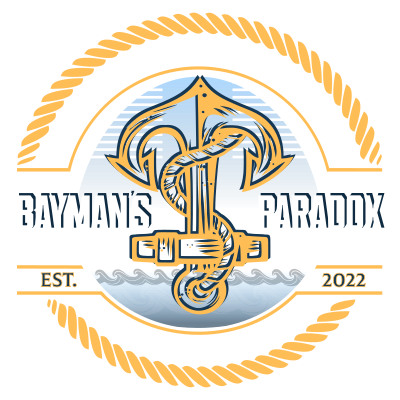Explore
These are the latest posts across all categories:
Category: Governance
Author: Holly Revollàn-Huelin
Date: September 29, 2025 — 7 min read
World Energy GH2 was promoted as Newfoundland’s leap into a clean-energy future, but it follows a well-worn cycle. From the cod collapse to Churchill Falls, Muskrat Falls, and offshore oil, megaprojects have been sold as salvation only to leave behind dependency, debt, and distrust. This article shows how WEGH2 repeated the pattern: weak municipal councils, shaped by soft budget constraints, lacked the power to push back; critics were sidelined as silence was branded “acceptance”; and Crown land was locked up before markets cooled. With the hydrogen boom faltering, communities now face the harm stage — stranded land and fading promises. Breaking this cycle will require stronger governance, transparent land use, and space for dissent, or Newfoundland risks adding hydrogen to its long list of hype-to-harm legacies. Read More...
Category: Governance
Author: Holly Revollàn-Huelin
Date: September 29, 2025 — 7 min read
This article examines how treaties and colonial paperwork in Newfoundland and Labrador have long served as tools of leverage for external powers rather than protections for local communities. From imperial agreements to the Churchill Falls contract, Muskrat Falls overruns, and the cod moratorium, paperwork has repeatedly shielded higher authorities while embedding risk and dependency at the local level. Today’s wind-hydrogen projects follow the same trajectory: communities are invited into consultation but left without enforceable leverage. The result is symbolic recognition on paper, but little in the way of material empowerment. Read More...
Category: The Local Paradox
Author: Holly Revollàn-Huelin
Date: September 29, 2025 — 9 min read
This article examines how the Port au Port wind-to-hydrogen project exemplifies manufactured consent in Newfoundland and Labrador. Drawing on the Local Paradox framework, municipal dependency research, and the legacy of the cod collapse, Churchill Falls, Muskrat Falls, and offshore oil, it shows how structural weakness, historical trauma, and consultation rituals combine to greenwash global agendas as local opportunity. Port au Port is framed not as a community-led vision, but as an echo of elsewhere’s priorities — Berlin’s hydrogen demand, Ottawa’s climate branding, and corporate strategies — imposed on fragile institutions and vulnerable populations. Read More...
Category: Governance
Author: Holly Revollàn-Huelin
Date: September 29, 2025 — 7 min read
This article explores how grassroots dissent in Newfoundland is routinely managed through state-sanctioned channels that neutralize its force. Using the Rae Miller petition anecdote as a starting point, it traces a historical pattern of requiring communities to “ask permission” before opposing government or corporate projects. From resettlement programs and Regional Development Associations to contemporary wind energy consultations, petitions and advisory processes act as pressure valves—creating the illusion of representation while ensuring outcomes remain controlled. The suppressed petition is revealed as a symbol of governance that rewards compliance while erasing true resistance. Read More...
Category: Governance
Author: Holly Revollàn-Huelin
Date: September 28, 2025 — 6 min read
This editorial critiques how academic work can turn silence into proof of consent. Using Jessica Hogan’s 2025 study on wind energy acceptance in Newfoundland and the 2022 Local Paradox paper, it shows how survey numbers and governance theory are combined to manufacture legitimacy for development projects. Hogan’s “recognition justice” framework interprets resignation as support, while Local Paradox explains weak governance as incapacity. Together, they provide governments and industry with a toolkit for pushing projects through without genuine community consent. The Bayman’s Paradox counters that silence is not acceptance, but the product of structural dependency and disempowerment. Read More...
Category: Governance
Author: Holly Revollàn-Huelin
Date: September 28, 2025 — 6 min read
This article argues that Newfoundland politics operates on a barter system where natural resources, silence, and access function as currencies of exchange. In a province burdened by soft budget constraints and fiscal fragility, these non-monetary forms of leverage replace cash and policy as the real drivers of political decision-making. By framing silence as a commodity, resources as bargaining chips, and access as controlled capital, the piece explains why resets and megaprojects repeatedly fail while the same exchange system endures. Read More...
